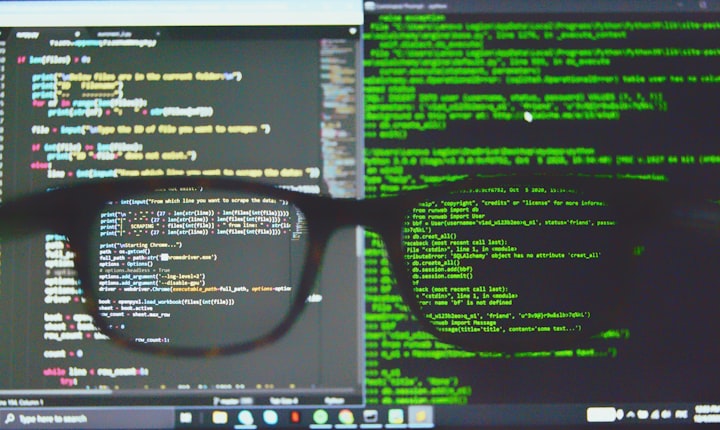
What is Artificial Intelligence? Is it something new or has it existed forever? What does it really mean for us, and how will it impact our lives?
AI refers to artificial intelligence systems that emulate human behavior. The term was coined in 1956 by John McCarthy at Dartmouth College. In 1957, he proposed the Dartmouth Summer Research Project on Artificial Intelligence (DSRP) to develop intelligent machines.
Since then, research has broadened significantly and the field has become a part of computer science. Today, AI encompasses a wide range of technologies and applications, such as machine learning, natural language processing, robotics, autonomous driving etc., and will affect almost every aspect of our lives.
Artificial Intelligence (AI) has already changed our lives in countless ways, but many experts believe it will soon dominate most sectors of human life. Will this come true?
Artificial intelligence (AI), or machine learning (ML), is the application of computer science methods and theories to electronic devices such as computers, mobile phones, voice recognition systems, etc. As machines become "smarter", their ability to perform tasks increases exponentially.
In less than 20 years, AI algorithms have gone from processing data through simple neural networks to self-aware neural nets capable of decision making, creativity, problem solving, and even creativity. AI is now poised to revolutionize every aspect of society. Its impact will be felt within the next decade and beyond.
Here are the reasons why AI is going to take over the world:
1. Humans are lazy
AI can do all the work while humans sit back and relax. This is great news for those who have no time in their life to get things done.
2. Humans are too self-centered
The human race tends to be narcissistic and self-centered, focusing solely on themselves. By comparison, AI has no self-interest; it only seeks to fulfill its programming.
3. Humans are irrational
Humans make decisions based on emotion rather than logic. While this may seem like a good thing (if you’re having fun), logical thinking is not something we are born with but instead develop throughout our lives. AIs, however, are nothing if they don’t have emotions. They cannot make emotional decisions that affect other people, even though they can easily replicate them.
4. Natural Language Processing (NLP)
The ability to understand natural language through machines has been one of mankind’s greatest achievements. In the last few years, we have seen great progress in NLP as we are now able to use computer systems to perform tasks that were previously only possible to human beings. One such example includes Google Translate, where the system translates languages into others based on the simple understanding of the words.
Nowadays, this technology is being used in many different industries including publishing, medicine, and law. Some even believe that in the near future, we may need legal agreements written in specific formats and programmed computers will produce these contracts automatically. Many businesses are already exploring how they can apply NLP technologies to increase business efficiency and reduce costs. For example, if a company’s agreement contains terms and conditions, using advanced machine learning techniques, companies could identify the clauses that are frequently ignored without requiring additional human resources. These would then be flagged internally and placed on notice to make sure that they are not forgotten.
5. Deep Learning Technologies
Deep learning is another field that shows great promise today. This type of artificial intelligence uses neural networks, deep learning algorithms, and other tools to train computers to understand images, voices, texts, etc. There are two types of deep learning technologies – supervised and unsupervised. Supervised means that the network learns from examples presented to it while unsupervised means that the network is left to find patterns on its own.
To give you some idea about how powerful this technology is, consider the following facts: IBM’s Watson won Jeopardy! in 2011 using both natural language processing and deep learning technologies; and Facebook recently introduced a chatbot named “M” that was trained to understand the emotions behind people’s messages. In healthcare, there are several applications of this technology, including radiology screening, dermatology diagnosis, and medical transcription services. Even self-driving cars are using this type of AI to enable them to see better than humans.
About the Creator
Greg RS
I write about self-development, business, and more. I also share some worthy insights :)
Reader insights
Nice work
Very well written. Keep up the good work!
Top insight
Easy to read and follow
Well-structured & engaging content






Comments
There are no comments for this story
Be the first to respond and start the conversation.